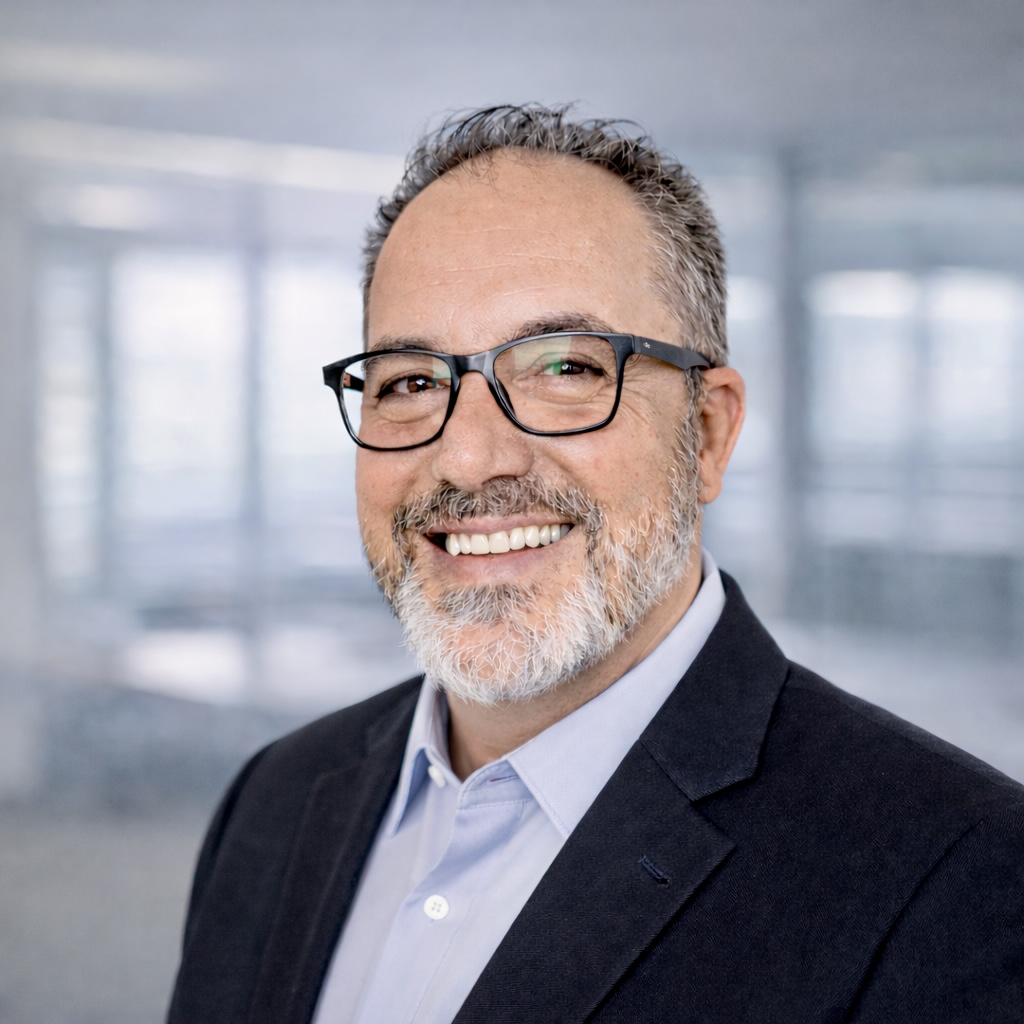Rethinking Healthcare: How Connection and Compassion Are Transforming Medicine

Modern healthcare often measures success in numbers, efficiency, patients seen, prescriptions written. But behind every chart is a person seeking understanding, not just treatment. On The Bliss Business Podcast, Craig Larsen, Co-Founder and CEO of Excel Medical and Dr. Peter Fotinos, its Chief Medical Officer, shared how they are reimagining medicine through connection, education, and empathy. Their story challenges an outdated “sick care” system and offers a model for proactive, purpose-driven health leadership.
From Sick Care to Self-Care
For Dr. Fotinos, the realization that traditional healthcare had lost its human touch came early. “I felt like I was putting bandages on problems, not fixing anything long-term,” he explained. Instead of preventing illness, medicine had become reactive, focused on symptoms, not systems. At Excel Medical, his mission became clear: empower patients to take charge of their health through prevention, hormone balance, and education.
Craig Larsen echoed that transformation from a business perspective. Once a patient himself, he experienced firsthand how personalized hormone therapy changed his life. What began as a search for better health turned into a calling to scale access to this kind of care. “I saw an opportunity to get other men and women like me the help they needed — and to do it in a way that puts people, not profit, at the center.”
Scaling Connection in a Digital World
In an era dominated by telehealth, one of Excel’s greatest challenges was how to maintain trust and intimacy with over 100,000 members while operating virtually. The solution wasn’t just technology, it was thoughtful design. Patients meet with providers every 60 days and can communicate asynchronously through a digital system that monitors symptoms and progress. Providers review data regularly and proactively reach out when something seems off.
To make the process even more personal, Excel created at-home blood testing kits, allowing patients to manage their care conveniently while maintaining clinical oversight. “We digitized the system,” Craig said, “but we never removed the relationship.”
Redefining Medical Education and Leadership
While most companies invest in technical training, Excel is working to take it a step further. Dr. Fotinos is expected to soon announce the creation of the Society of Proactive Medicine, an organization that develops evidence-based guidelines for hormone replacement and preventative health, areas long neglected by traditional medicine.
Comprehensive Training with In-House Providers a Differentiator
Every provider undergoes four weeks of onboarding, followed by weekly training sessions, case reviews, and biannual summits. “We don’t just teach medicine,” he said. “We teach compassion. Our goal is to help providers unlearn the authoritarian model of care and become partners in healing.”
Building Purpose into Practice
Purpose is the thread that runs through Excel's work. For Dr. Fotinos, it’s about dismantling stigma around hormone replacement therapy and showing that aging doesn’t have to mean decline. “People think getting older means losing energy or joy,” he said. “That’s not true. We can live with vitality at every age.”
For Craig, purpose comes through leadership that treats employees with the same compassion extended to patients. When he learned an employee was living in her car, he didn’t defer to HR policy, he invited her into his home. “We’re not selling washing machines,” he said. “We’re dealing with people’s health, something deeply personal. Love has to be part of how we lead.”
Love as a Leadership Principle
Both leaders agreed that empathy is not just a moral choice, it’s a business advantage. By increasing pay for medical liaisons and investing in their well-being, Excel strengthened engagement and retention. “When people feel cared for,” Craig said, “they care more about others.”
Dr. Fotinos shared how Craig’s mentorship transformed his own leadership style. “Craig taught me that compassion shouldn’t be something you turn on for patients and off for your team. It should always be on.”
Key Takeaways
• True healthcare begins with prevention, not reaction.
• Connection can scale when technology serves empathy, not efficiency.
• Education is empowerment, for both patients and providers.
• Purpose-driven organizations treat people as whole, not transactional.
• Love in leadership builds loyalty, trust, and long-term impact.
Final Thoughts
In a system too often ruled by metrics and medication, Excel Medical is proving that compassion and community are the most powerful forms of medicine. Their work reminds us that leadership in healthcare, like in any business, starts with a simple truth: love heals.
Check out our full conversation with Craig Larsen and Dr. Peter Fotinos on The Bliss Business Podcast.



